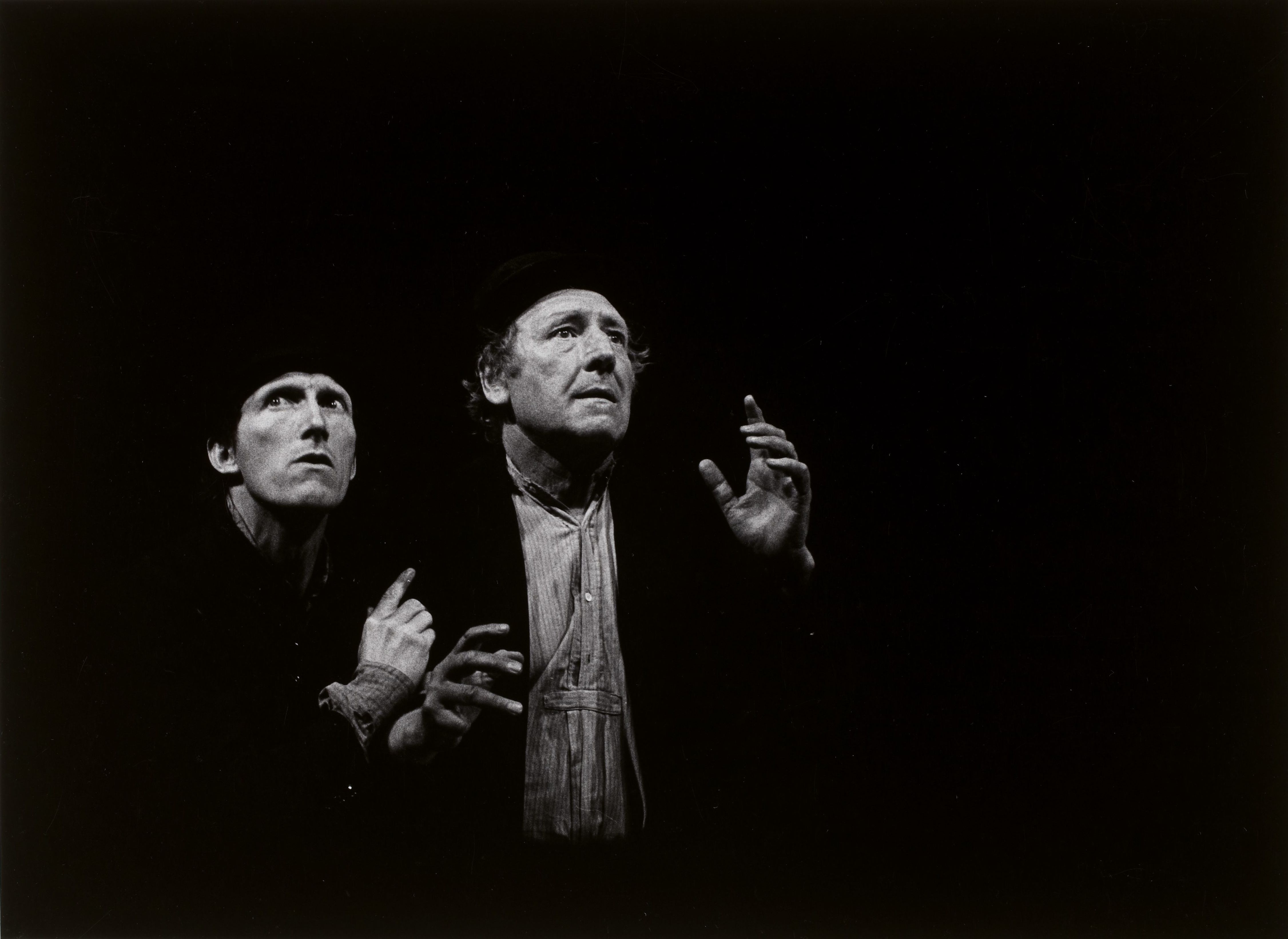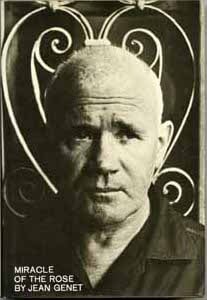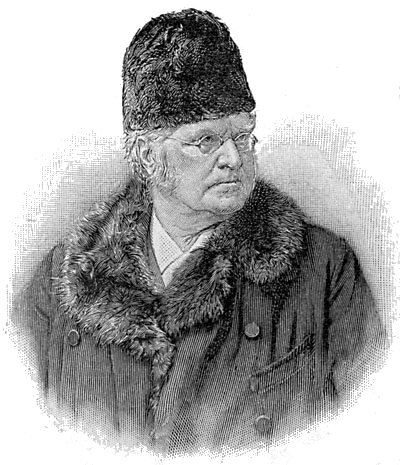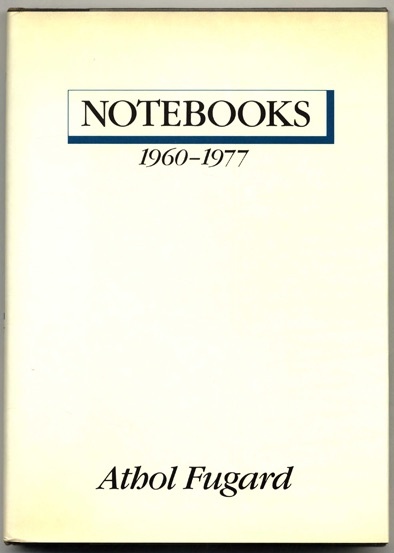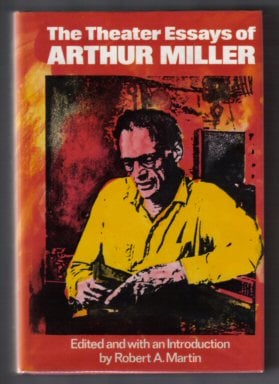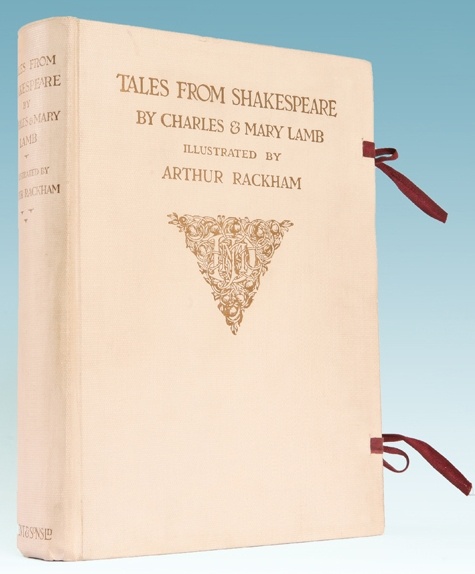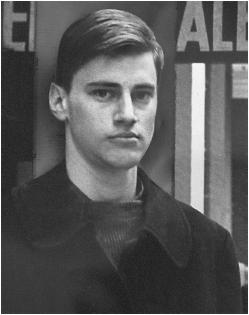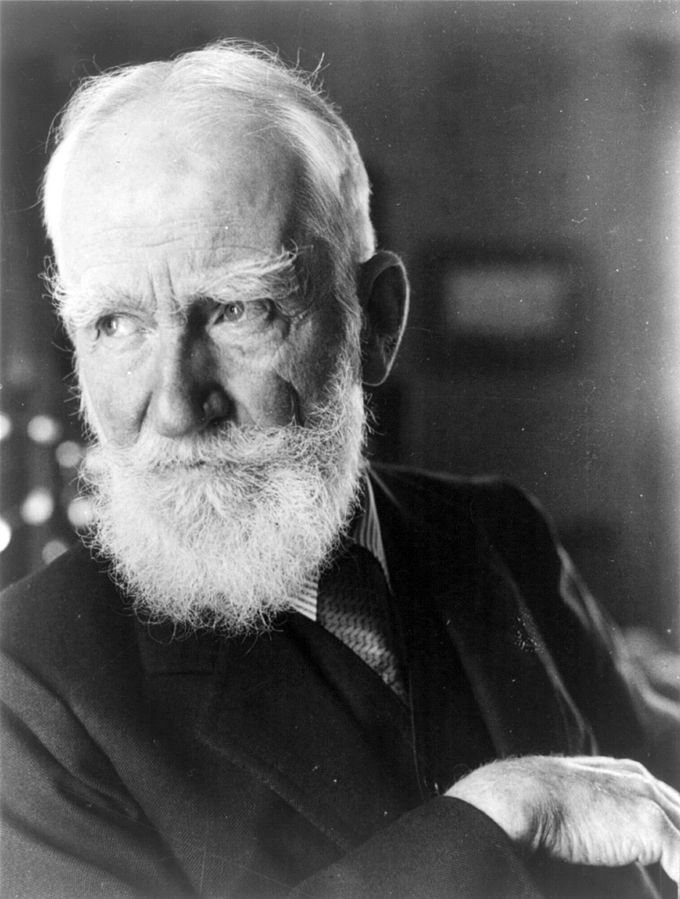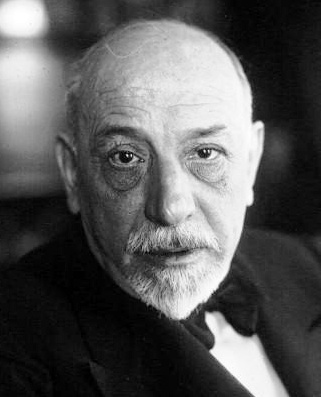Nobel Prize winning poet, playwright and novelist Samuel Beckett was born in Dublin, Ireland in 1906. He studied English, French, and Italian at Trinity College before accepting a position at Campbell College where he taught for some years and also developed a friendship with fellow Irish writer James Joyce. It was at this time that be published his first work, an essay discussing Joyce's body of work. But his most famous work is undoubtedly the play, Waiting for Godot. If you haven't seen it, chances are you've seen it referenced in some unique ways.
us toll free: 1-800-948-5563 international: +1 (843) 849-0283 UK: +44 (0) 1334 260018




